[Anchor]
The Bank of Korea has maintained the base interest rate at 3% today (1.16).
Although domestic consumption has significantly declined, necessitating a rate cut, the current exchange rate is too high, leading to the decision to keep it unchanged.
Reporter Kim Ji-sook has the details.
[Report]
Last month, coffee prices rose by over 8%, and chocolate prices increased by over 10%.
The prices of processed foods are on the rise.
[Kim Hyun-min/Seoul Dongjak-gu: "I feel that prices have risen a lot, and it's true that purchases have somewhat decreased."]
The average price of gasoline has also surpassed 1,700 won per liter again.
[Ha Woo-kwon/Passenger car driver: ""When I fill up, I notice that the gas prices seem to have been going up a bit. I've been feeling this since the exchange rate changed."
The common point among coffee, chocolate, and oil is that they are all imported goods.
Even if international raw material prices do not rise, domestic prices inevitably increase when the exchange rate goes up.
This is the decisive reason why the Bank of Korea decided to freeze the base interest rate.
If the base rate is lowered further, the interest rate gap with the United States will widen, which could lead to a further increase in the won-dollar exchange rate, potentially stimulating prices again.
[Lee Chang-yong/Bank of Korea Governor: "(All members of the Monetary Policy Committee) agree that given the current economic situation, it is natural to lower the interest rate... Concerns about prices are significant, especially since the exchange rate has risen to the 1,470 won range."]
The Bank of Korea has signaled several times its intention to lower interest rates.
In an unusual move, it specified a 'cut' policy in the monetary policy report, and the governor mentioned swift actions in his New Year’s address.
[Lee Chang-yong/Bank of Korea Governor/Jan. 2: "Monetary policy must be flexible and responsive to changes in the situation."
Considering the stagnant domestic demand, a rate cut seems necessary, but lowering it poses challenges with the exchange rate and prices.
Thus, the decision was made to 'pause for now', which can also be interpreted as a message that it is not easy to proceed in either direction.
This is KBS News, Kim Ji-sook.
The Bank of Korea has maintained the base interest rate at 3% today (1.16).
Although domestic consumption has significantly declined, necessitating a rate cut, the current exchange rate is too high, leading to the decision to keep it unchanged.
Reporter Kim Ji-sook has the details.
[Report]
Last month, coffee prices rose by over 8%, and chocolate prices increased by over 10%.
The prices of processed foods are on the rise.
[Kim Hyun-min/Seoul Dongjak-gu: "I feel that prices have risen a lot, and it's true that purchases have somewhat decreased."]
The average price of gasoline has also surpassed 1,700 won per liter again.
[Ha Woo-kwon/Passenger car driver: ""When I fill up, I notice that the gas prices seem to have been going up a bit. I've been feeling this since the exchange rate changed."
The common point among coffee, chocolate, and oil is that they are all imported goods.
Even if international raw material prices do not rise, domestic prices inevitably increase when the exchange rate goes up.
This is the decisive reason why the Bank of Korea decided to freeze the base interest rate.
If the base rate is lowered further, the interest rate gap with the United States will widen, which could lead to a further increase in the won-dollar exchange rate, potentially stimulating prices again.
[Lee Chang-yong/Bank of Korea Governor: "(All members of the Monetary Policy Committee) agree that given the current economic situation, it is natural to lower the interest rate... Concerns about prices are significant, especially since the exchange rate has risen to the 1,470 won range."]
The Bank of Korea has signaled several times its intention to lower interest rates.
In an unusual move, it specified a 'cut' policy in the monetary policy report, and the governor mentioned swift actions in his New Year’s address.
[Lee Chang-yong/Bank of Korea Governor/Jan. 2: "Monetary policy must be flexible and responsive to changes in the situation."
Considering the stagnant domestic demand, a rate cut seems necessary, but lowering it poses challenges with the exchange rate and prices.
Thus, the decision was made to 'pause for now', which can also be interpreted as a message that it is not easy to proceed in either direction.
This is KBS News, Kim Ji-sook.
■ 제보하기
▷ 카카오톡 : 'KBS제보' 검색, 채널 추가
▷ 전화 : 02-781-1234, 4444
▷ 이메일 : kbs1234@kbs.co.kr
▷ 유튜브, 네이버, 카카오에서도 KBS뉴스를 구독해주세요!
- BOK freezes key rate at 3%
-
- 입력 2025-01-17 00:29:01
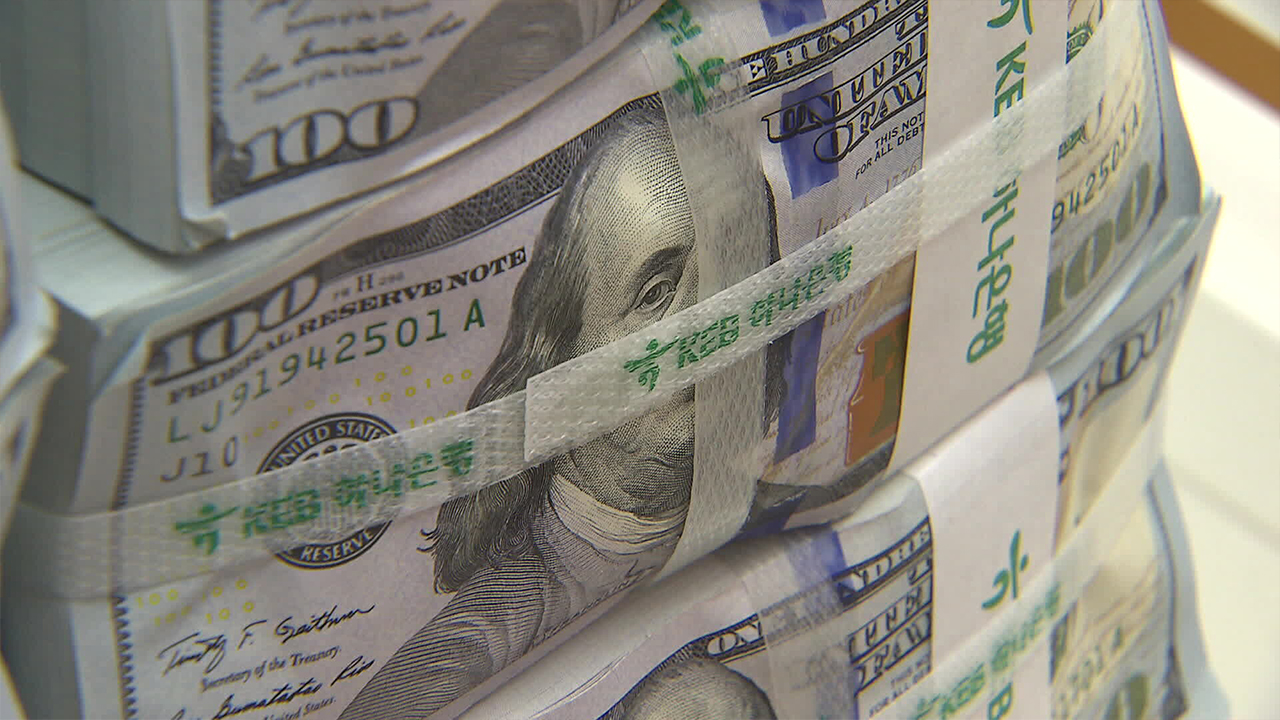
[Anchor]
The Bank of Korea has maintained the base interest rate at 3% today (1.16).
Although domestic consumption has significantly declined, necessitating a rate cut, the current exchange rate is too high, leading to the decision to keep it unchanged.
Reporter Kim Ji-sook has the details.
[Report]
Last month, coffee prices rose by over 8%, and chocolate prices increased by over 10%.
The prices of processed foods are on the rise.
[Kim Hyun-min/Seoul Dongjak-gu: "I feel that prices have risen a lot, and it's true that purchases have somewhat decreased."]
The average price of gasoline has also surpassed 1,700 won per liter again.
[Ha Woo-kwon/Passenger car driver: ""When I fill up, I notice that the gas prices seem to have been going up a bit. I've been feeling this since the exchange rate changed."
The common point among coffee, chocolate, and oil is that they are all imported goods.
Even if international raw material prices do not rise, domestic prices inevitably increase when the exchange rate goes up.
This is the decisive reason why the Bank of Korea decided to freeze the base interest rate.
If the base rate is lowered further, the interest rate gap with the United States will widen, which could lead to a further increase in the won-dollar exchange rate, potentially stimulating prices again.
[Lee Chang-yong/Bank of Korea Governor: "(All members of the Monetary Policy Committee) agree that given the current economic situation, it is natural to lower the interest rate... Concerns about prices are significant, especially since the exchange rate has risen to the 1,470 won range."]
The Bank of Korea has signaled several times its intention to lower interest rates.
In an unusual move, it specified a 'cut' policy in the monetary policy report, and the governor mentioned swift actions in his New Year’s address.
[Lee Chang-yong/Bank of Korea Governor/Jan. 2: "Monetary policy must be flexible and responsive to changes in the situation."
Considering the stagnant domestic demand, a rate cut seems necessary, but lowering it poses challenges with the exchange rate and prices.
Thus, the decision was made to 'pause for now', which can also be interpreted as a message that it is not easy to proceed in either direction.
This is KBS News, Kim Ji-sook.
The Bank of Korea has maintained the base interest rate at 3% today (1.16).
Although domestic consumption has significantly declined, necessitating a rate cut, the current exchange rate is too high, leading to the decision to keep it unchanged.
Reporter Kim Ji-sook has the details.
[Report]
Last month, coffee prices rose by over 8%, and chocolate prices increased by over 10%.
The prices of processed foods are on the rise.
[Kim Hyun-min/Seoul Dongjak-gu: "I feel that prices have risen a lot, and it's true that purchases have somewhat decreased."]
The average price of gasoline has also surpassed 1,700 won per liter again.
[Ha Woo-kwon/Passenger car driver: ""When I fill up, I notice that the gas prices seem to have been going up a bit. I've been feeling this since the exchange rate changed."
The common point among coffee, chocolate, and oil is that they are all imported goods.
Even if international raw material prices do not rise, domestic prices inevitably increase when the exchange rate goes up.
This is the decisive reason why the Bank of Korea decided to freeze the base interest rate.
If the base rate is lowered further, the interest rate gap with the United States will widen, which could lead to a further increase in the won-dollar exchange rate, potentially stimulating prices again.
[Lee Chang-yong/Bank of Korea Governor: "(All members of the Monetary Policy Committee) agree that given the current economic situation, it is natural to lower the interest rate... Concerns about prices are significant, especially since the exchange rate has risen to the 1,470 won range."]
The Bank of Korea has signaled several times its intention to lower interest rates.
In an unusual move, it specified a 'cut' policy in the monetary policy report, and the governor mentioned swift actions in his New Year’s address.
[Lee Chang-yong/Bank of Korea Governor/Jan. 2: "Monetary policy must be flexible and responsive to changes in the situation."
Considering the stagnant domestic demand, a rate cut seems necessary, but lowering it poses challenges with the exchange rate and prices.
Thus, the decision was made to 'pause for now', which can also be interpreted as a message that it is not easy to proceed in either direction.
This is KBS News, Kim Ji-sook.
-
-
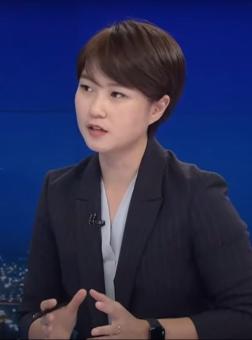
김지숙 기자 vox@kbs.co.kr
김지숙 기자의 기사 모음
-
이 기사가 좋으셨다면
-
좋아요
0
-
응원해요
0
-
후속 원해요
0










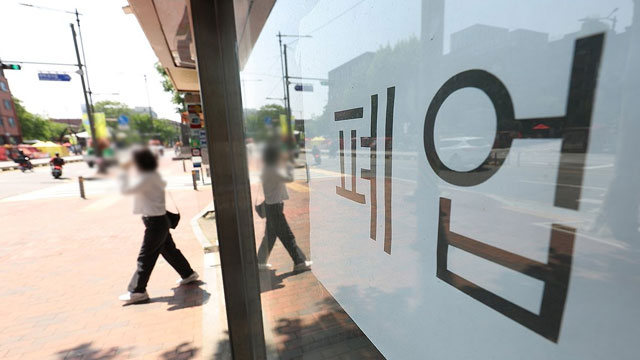
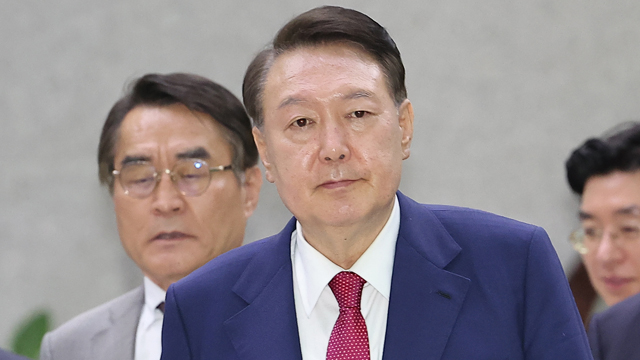
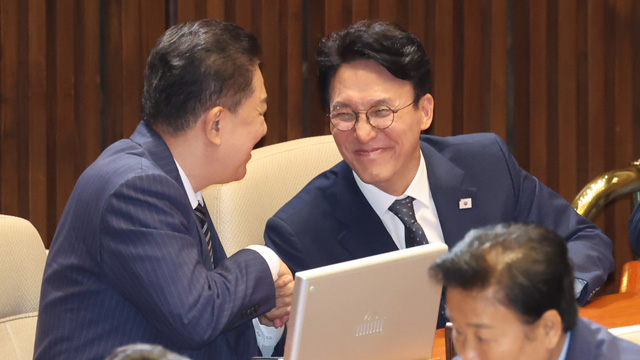
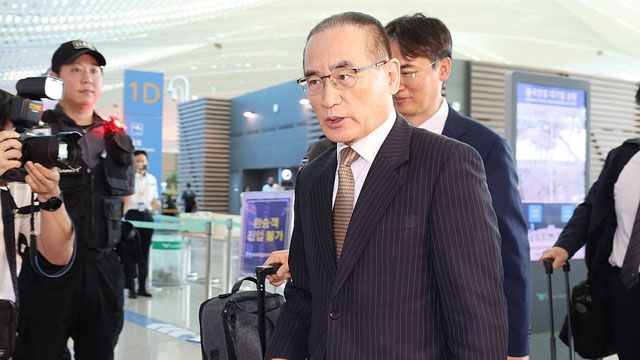

이 기사에 대한 의견을 남겨주세요.